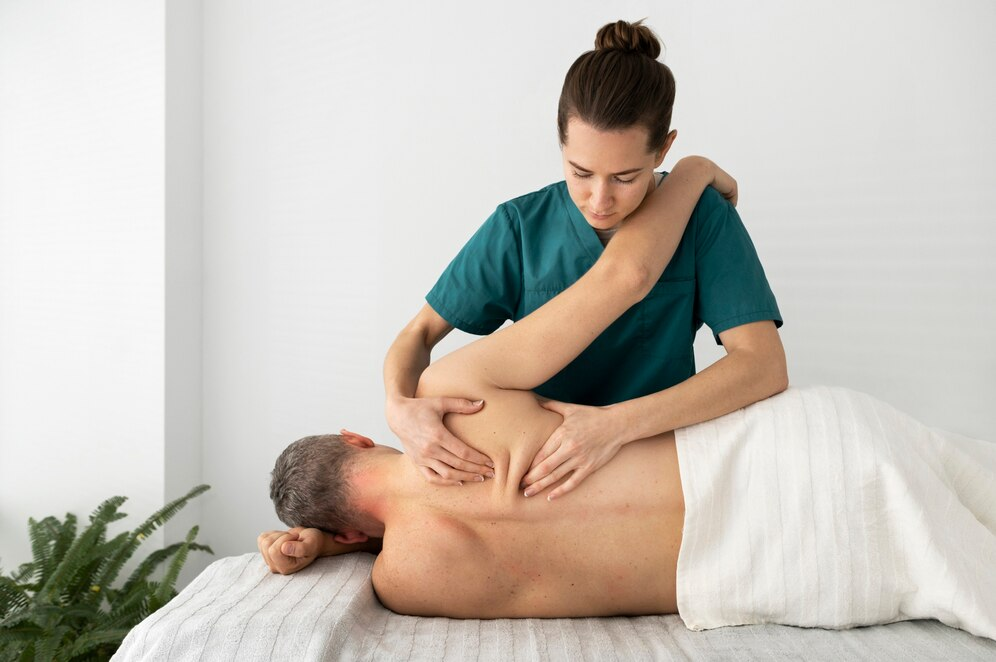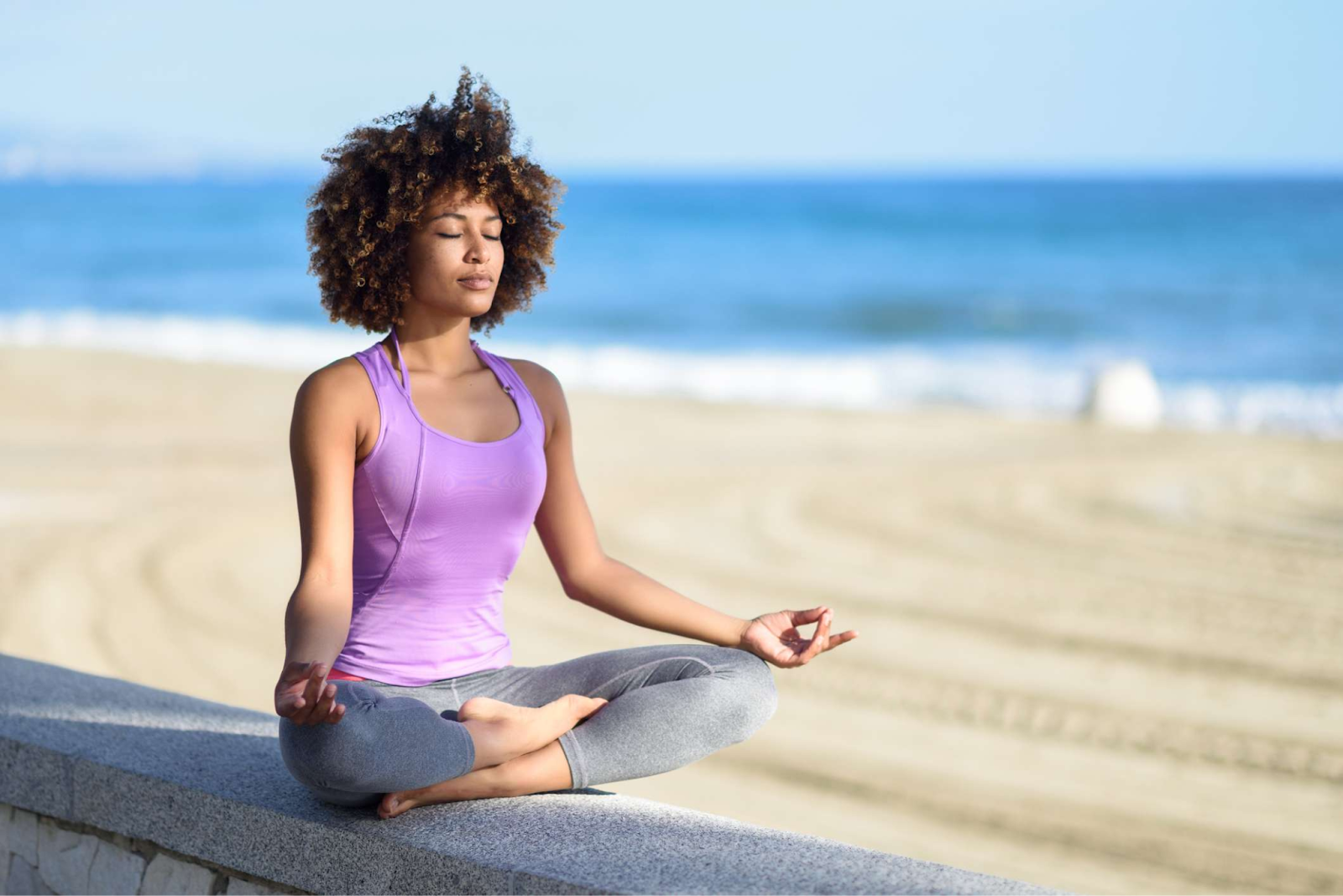Discover Your Perfect Healer Today!
Our online practitioner directory connects you with a wide range of healers to suit your unique needs.
Easily search and find the right professional to support your wellness journey.
Start exploring today to find your perfect match.
Modality
Disease
Books
Products
Events
Training
Blogs
Osteopath
Challenges and Controversies in Osteopathy: Key Issues Explored
Osteopathy is an alternative healthcare that has been in practice for over a hundred years, yet this type of therapy faces so many questions and ...
Read More → Written by
David Brown
Meditation
Unlocking Inner Peace: The Transformative Power of Meditation
Learn about the various aspects of meditation, including its benefits, techniques, and how it fits into modernity. Appreciate and discover this life-transforming discipline for yourself. ...
Read More → Written by
John Smith
Osteopath
Expert Tips: Maximizing Osteopathy’s Healing Potential
Looking for treatment outside of conventional medicine, patients now hold a bias for structural healing of various medical conditions. At the centerpiece of this practice, ...
Read More → Written by
David Brown
Energy Healer
Debunking Myths: Misconceptions About Energy Healing
Energy healing is a technique that has often been surrounded by a lot of myths and wrong perceptions, which results in inadequate understanding of what ...
Read More → Written by
David Brown
Homeopathy
Naturopathy vs. Homeopathy: Understanding the Key Differences
Naturopathy and homeopathy are two terms that are often confused or used interchangeably in the field of alternative medicine. Nevertheless, they have different philosophies, methodologies ...
Read More → Written by
James Williams
Herbal Medicine
Dispelling Myths and Misunderstandings About Herbal Medicine
There are many customs and fallacies surrounding herbal medicine that leave many adolescents in confusion regarding its efficacy and safety. These misleading myths create the ...
Read More → Written by
John Smith






